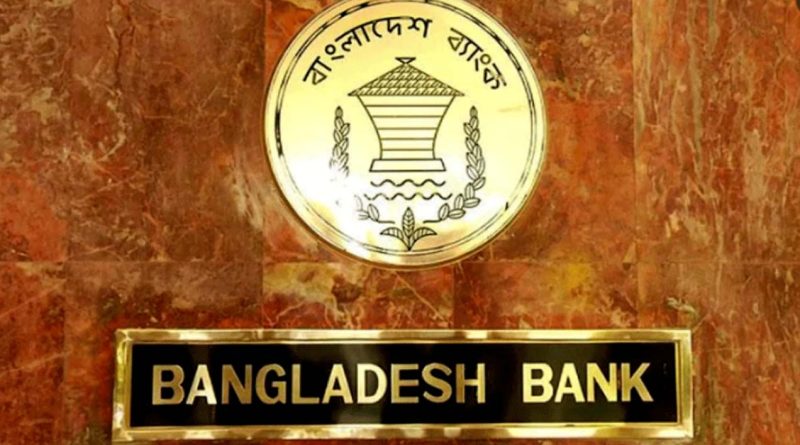Bangladesh Bank has issued a stern directive to commercial banks to take immediate and forceful action to curb the surge in non-performing loans (NPLs), which now pose a serious threat to the country’s financial stability.
The instruction came at a high-level meeting on Wednesday at the central bank’s headquarters, chaired by Deputy Governor Dr Md Kabir Ahmed, and attended by managing directors, CEOs, and CFOs of commercial banks. The meeting — titled “The NPL Resolution” — followed mounting pressure from the International Monetary Fund (IMF) during its ongoing review mission under the $5.5 billion loan programme.
NPLs exceed 30% of total loans
Several bank executives present at the closed-door session said the central bank warned that default loans have surpassed 30% of total disbursed credit as of September 2025 — a figure that has alarmed both the government and the IMF.
One managing director quoted senior central bankers as saying, “With over 30% loans in default and another 20% tied up in CRR and SLR requirements, banks effectively have access to only half of their funds to support the economy.”
Banks were told to reduce NPLs “at any cost” by intensifying cash recovery drives and making full use of available policy support measures to help revive distressed borrowers.
Banks seek policy extension, legal reforms
Executives at the meeting proposed that the central bank extend the deadline for policy support eligibility. Under the current rules, borrowers who defaulted by June 30, 2025, can access restructuring facilities. “We requested that the deadline be extended to December to bring more borrowers under the support framework,” said one bank CEO.
Bankers also flagged legal bottlenecks as a key obstacle in recovering bad loans. A chief financial officer said, “Wilful defaulters often file writ petitions, and courts issue stay orders that delay recovery for years.”
To address this, bankers proposed requiring petitioners to deposit at least 5% of their outstanding dues before filing writs, which would deter frivolous litigation. They also urged the government to increase the number of loan courts to expedite dispute resolution.
IMF concern intensifies pressure
The IMF review team reportedly expressed deep concern over the ballooning bad loan portfolio, which undermines the stability of Bangladesh’s banking sector and weakens confidence among depositors and investors.
Senior officials at the central bank acknowledged that unless decisive steps are taken soon, the NPL crisis could further restrict banks’ ability to lend, disrupt liquidity flows, and weigh on overall economic growth.
With the IMF demanding tangible progress before releasing the next tranche of funding, Bangladesh Bank is now pressing lenders to deliver results — and fast.






